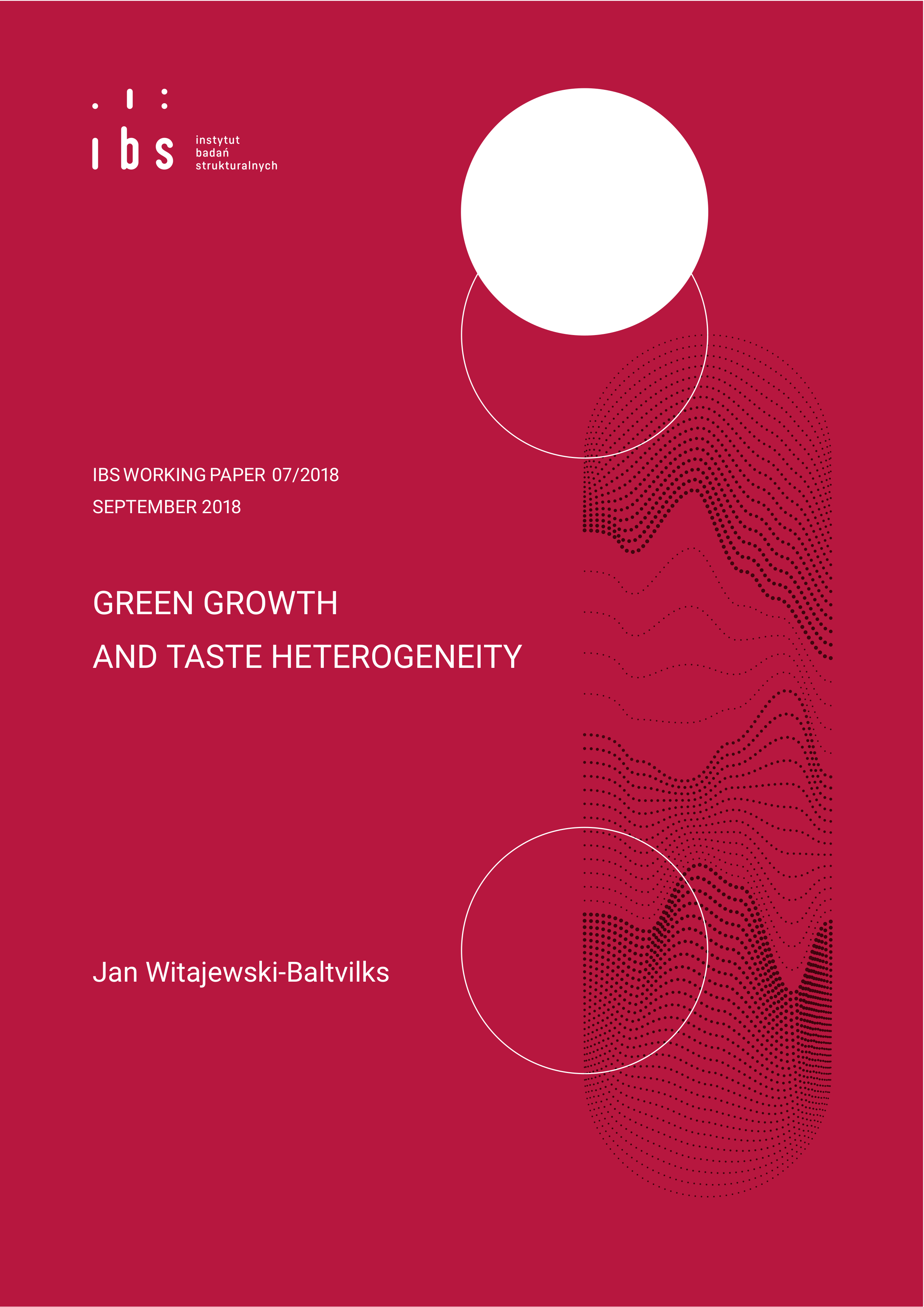The recent contributions in directed technological change theory show that technological progress in clean industries (i.e. industries which do no produce CO2 emissions) lead to emission decline only if clean and dirty goods are sufficiently substitutable. The result raises a question whether a government could design a policy which increases this substitutability. In this paper I show that elasticity of substitution between clean and dirty goods increases with the number of varieties of clean good. This is shown in the theoretical model, which combines the insights from the directed technological change literature and discrete choice literature. The policy implications of the finding is that environmental policy which promotes development of clean industries should be supplemented with a policy which ensures the diversity of clean goods. For example a subsidy for R&D in clean transport should support a wide range of alternative technologies rather than selected few.

The research leading to these results has received funding from the European Union Horizon2020 under Grant Agreement No. 642260. The usual disclaimers apply. All errors are our own.
Institute for Structural Research (IBS); Faculty of Economic Sciences, University of Warsaw

